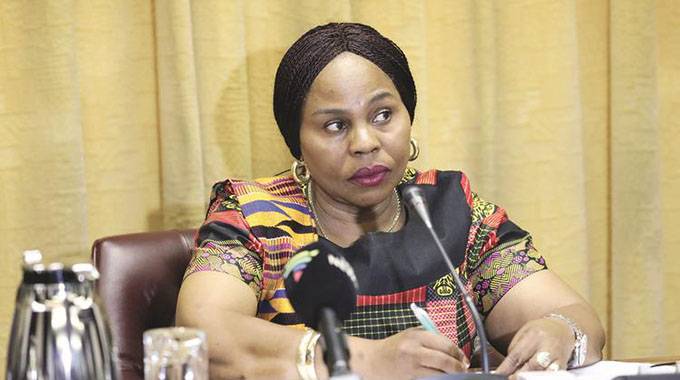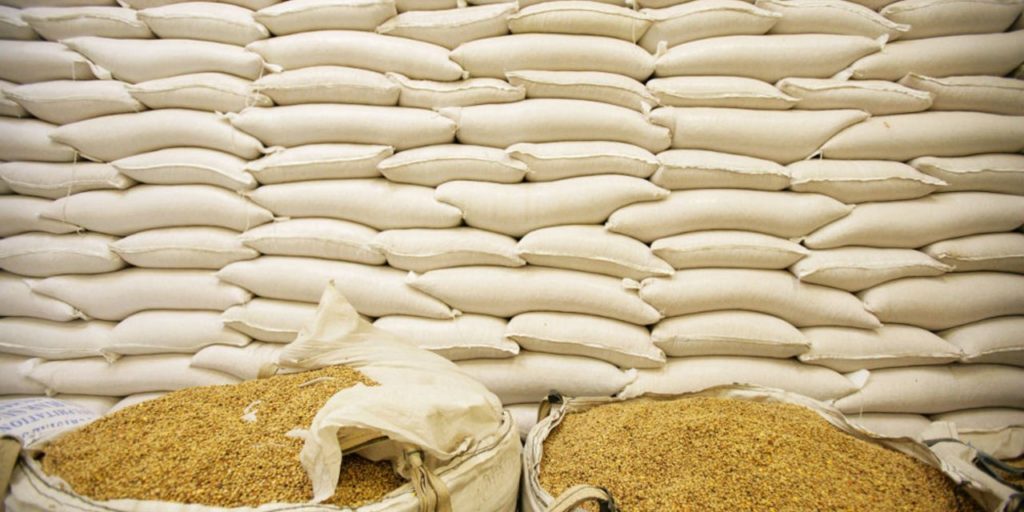Maize imports ramp up despite govt sufficiency claims
Zimbabwe has seen its maize import bill jump by 213,93 percent in the eleven months to November 2023 according to the latest figures released by the Zimbabwe Statistics Agency (ZimStats).
In the period under review the country imported maize valued at US$100,08 million, which is 213,93 percent higher than the US$31,88 million used last year to import the grain.
The maize imports have increased as millers and stockfeed manufacturers are now allowed to import grain to cover the gap in their own requirements duty free.
Cabinet in December 2023 received an update on maize, which was presented by the Minister of Lands, Agriculture, Fisheries, Water and Rural Development, Dr Anxious Jongwe Masuka.
“The nation is informed that as at December 10, 2023, the Grain Marketing Board (GMB) had in stock a total of 235 095 tonnes of grain, comprising 188 353 tonnes of maize and 46 742 tonnes of traditional grains. At the prevailing monthly consumption rate of 23 000 tonnes per month, the available grain will last 10,2 months,” cabinet reported.
Cabinet highlighted that the GMB has a 46,8 percent market share of maize. A total of 313 719 tonnes, comprising 186 341 tonnes of maize, were imported by the private sector between April 1 and December 3, 2023. A cumulative 1 710 tonnes of maize at an average price of US$310 per tonne have been marketed through the Zimbabwe Mercantile Exchange (ZMX).
Same period in the prior year, cabinet advised that the grain stocks at GMB as at December 5, 2022 stood at 551 032 tonnes, comprising 472 950 tonnes of maize and 78 082 tonnes of traditional grains.
Based on the country’s forecasted monthly consumption rate of the time, 49 295 tonnes, the available grain was estimated to last for 11,2 months.
However, allocations to millers remain pegged at 25 000 tonnes per month, and the monthly social welfare grain allocation stood at 24 295 tonnes in 2022.
Speaking during a tour of the National Foods Holdings Limited facilities in Harare this week Lands and Agriculture Deputy Minister, Vangelis Haritatos said Zimbabwe had enough grain in stock.
“As a nation we have adequate stocks at the Grain Marketing Board. On a monthly basis we consume about 70 000-75 000 tonnes of maize,” he said.
It is the difference between the total requirement and the GMB allocation that has driven up the imports in the country.
Economist, Dr Prosper Chitambara, said Zimbabwe requires 2,2 million tonnes of maize annually for human and livestock consumption and it currently cannot meet the demand due to two poor harvest years.
“Maize production for the 2021/22 season was at 1,56 million tonnes, 43 percent down from the previous season’s multi-year record of 2,72 million tonnes which explains much of the imports currently happening,” he said.
Economist, Tinevimbo Shava said, “Zimbabwe had sufficient grain reserves in the late 1980s, but the International Monetary Fund (IMF) forced the country to liquidate them for cash. This decision led to food insecurity over the last 30-plus years as we faced the challenge of feeding our people against a background of scarce access to foreign currency.
“However, it is good to note that the country now has enough grain to cover until the end of the next harvesting season. What we now need is to get ourselves in a position where we start building reserves to be able to cover both domestic and livestock consumption for about two years.”
Economist, Gladys Shumbambiri-Mutsopotsi, said the surge in Zimbabwe’s US$100 million imports of maize in 2023, marking a 213 percent increase from 2022, is indicative of a growing demand from stock feed producers.
“This heightened import activity underscores the critical role maize plays in sustaining the livestock industry, highlighting the need for a strategic approach to domestic production and food security,” she said.
Shava believes the spike in maize imports signals opportunities for economic growth, fostering trade partnerships and bolstering the agricultural sector’s resilience.
However, economic analyst, Namatai Maeresera, says Zimbabwe’s increased maize imports reflect a complex economic landscape, necessitating a nuanced strategy for balancing self-sufficiency and trade dynamics.
“Economic implications of heightened maize imports underscore the need for adaptive policies, promoting both domestic agriculture and international trade alliances,” said.
Shava concluded that, “A surge in maize imports demands a meticulous economic analysis, weighing potential benefits against the imperative of supporting local agricultural production.”-ebusinessweekly









